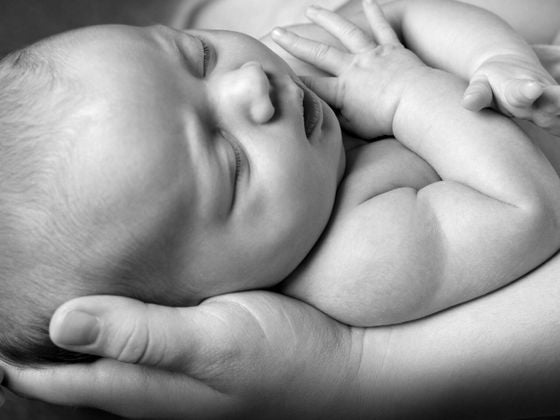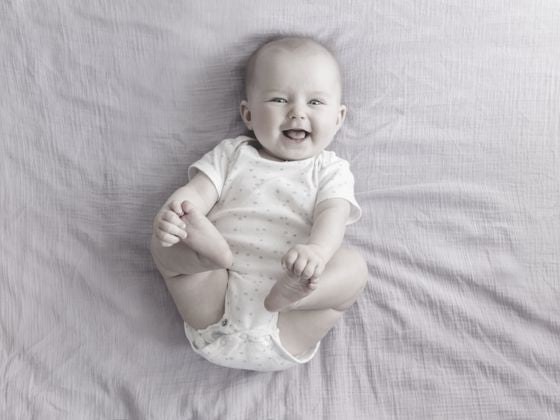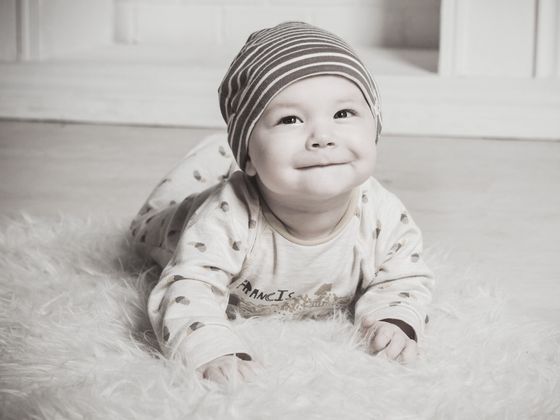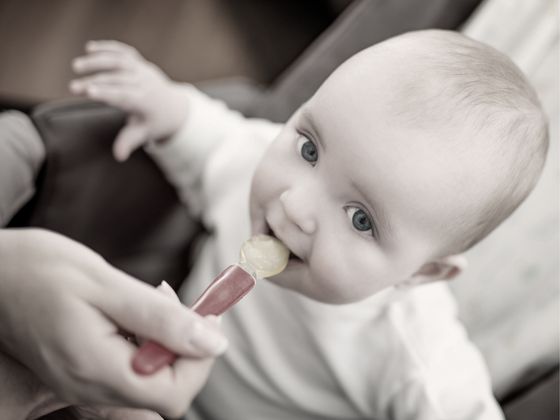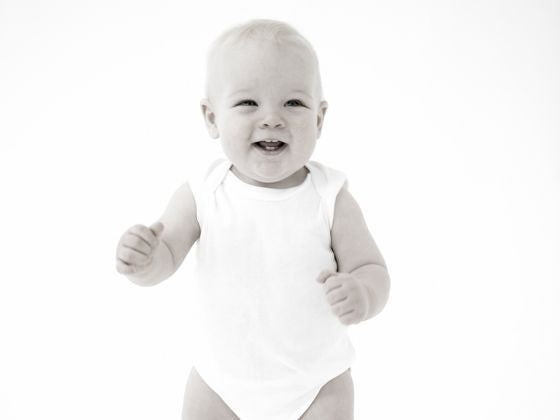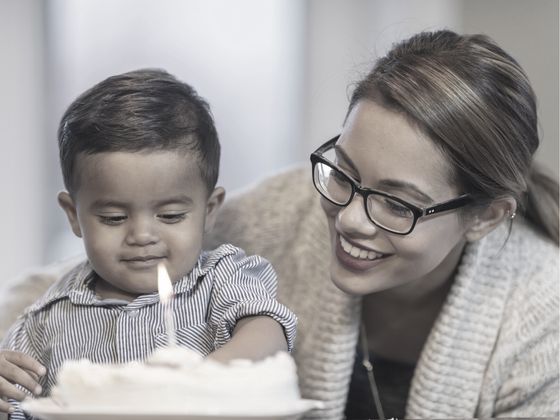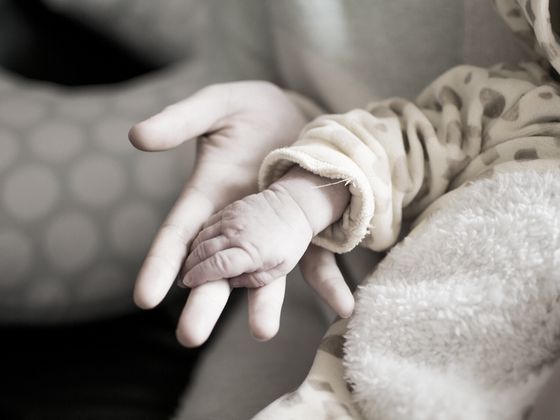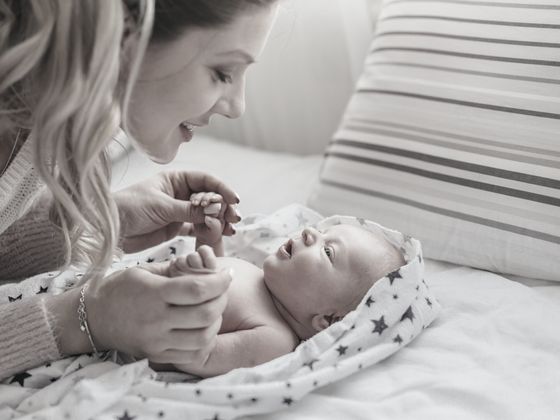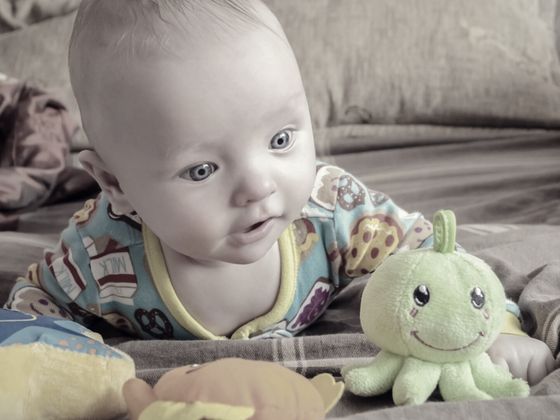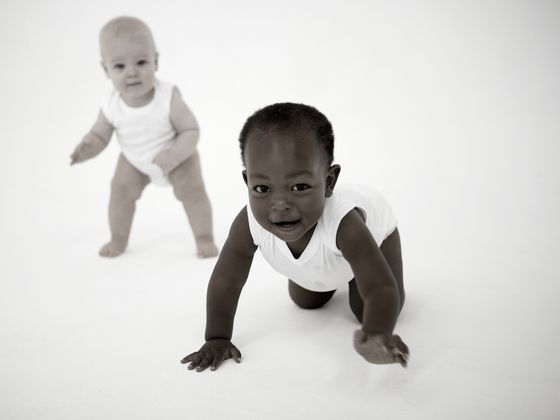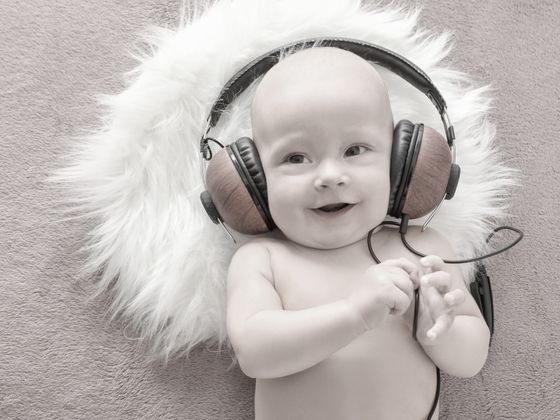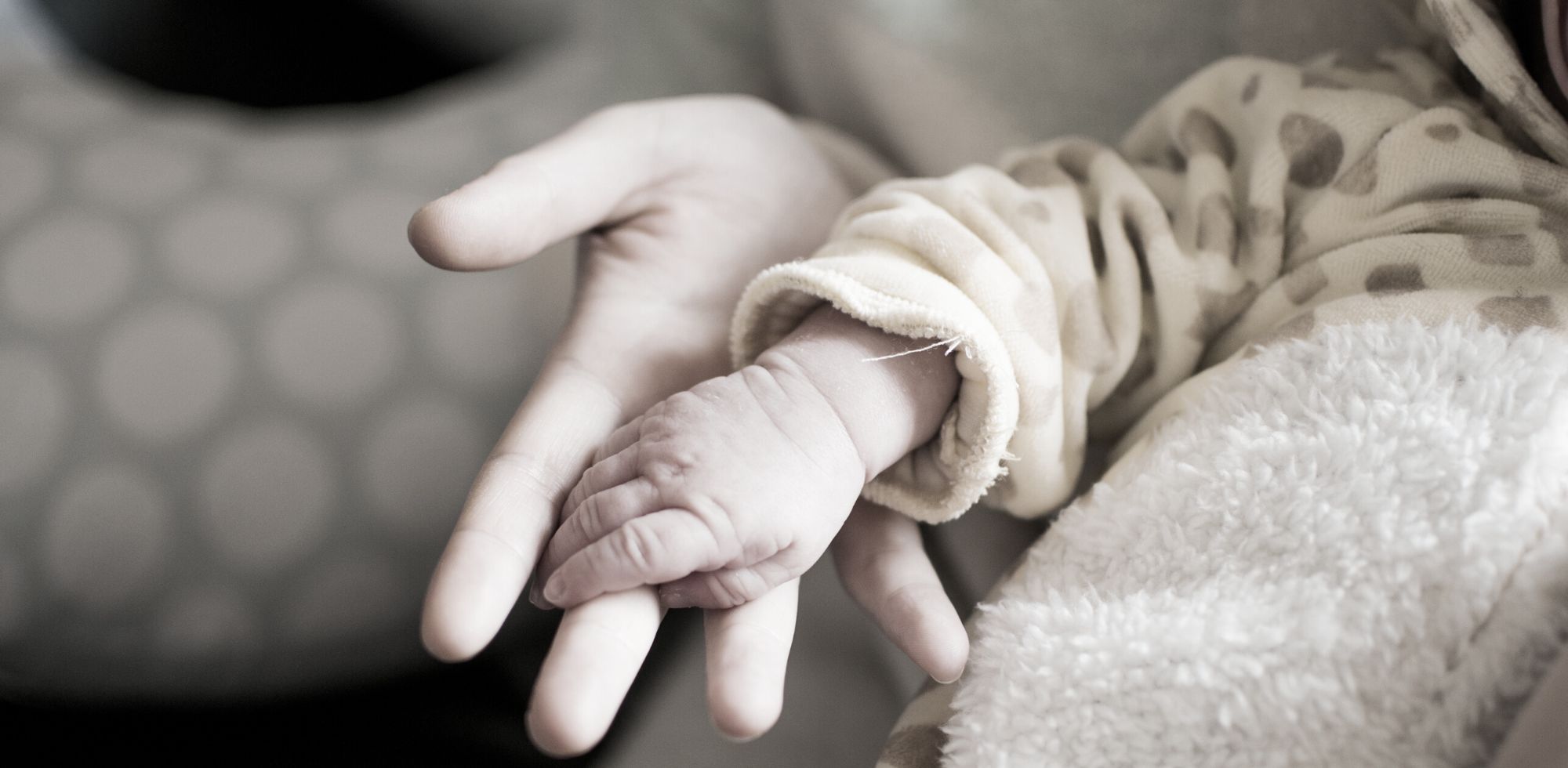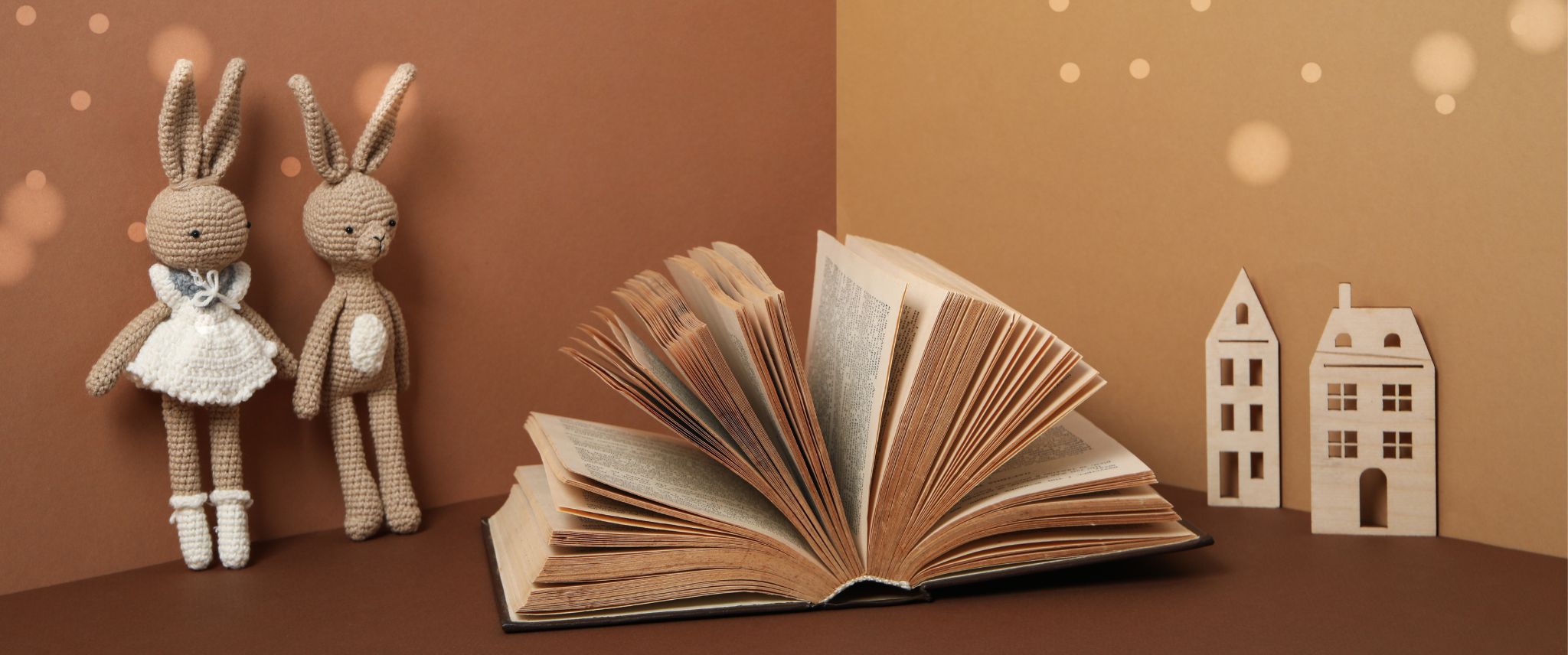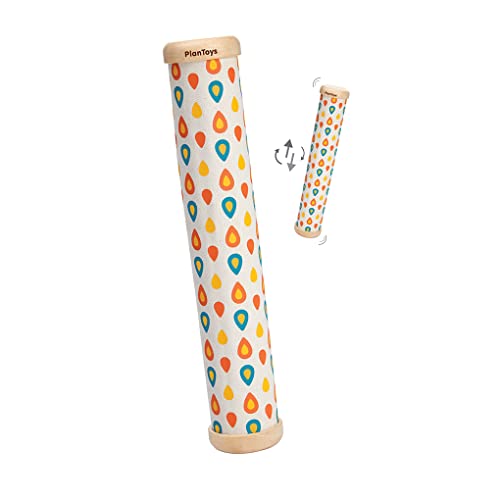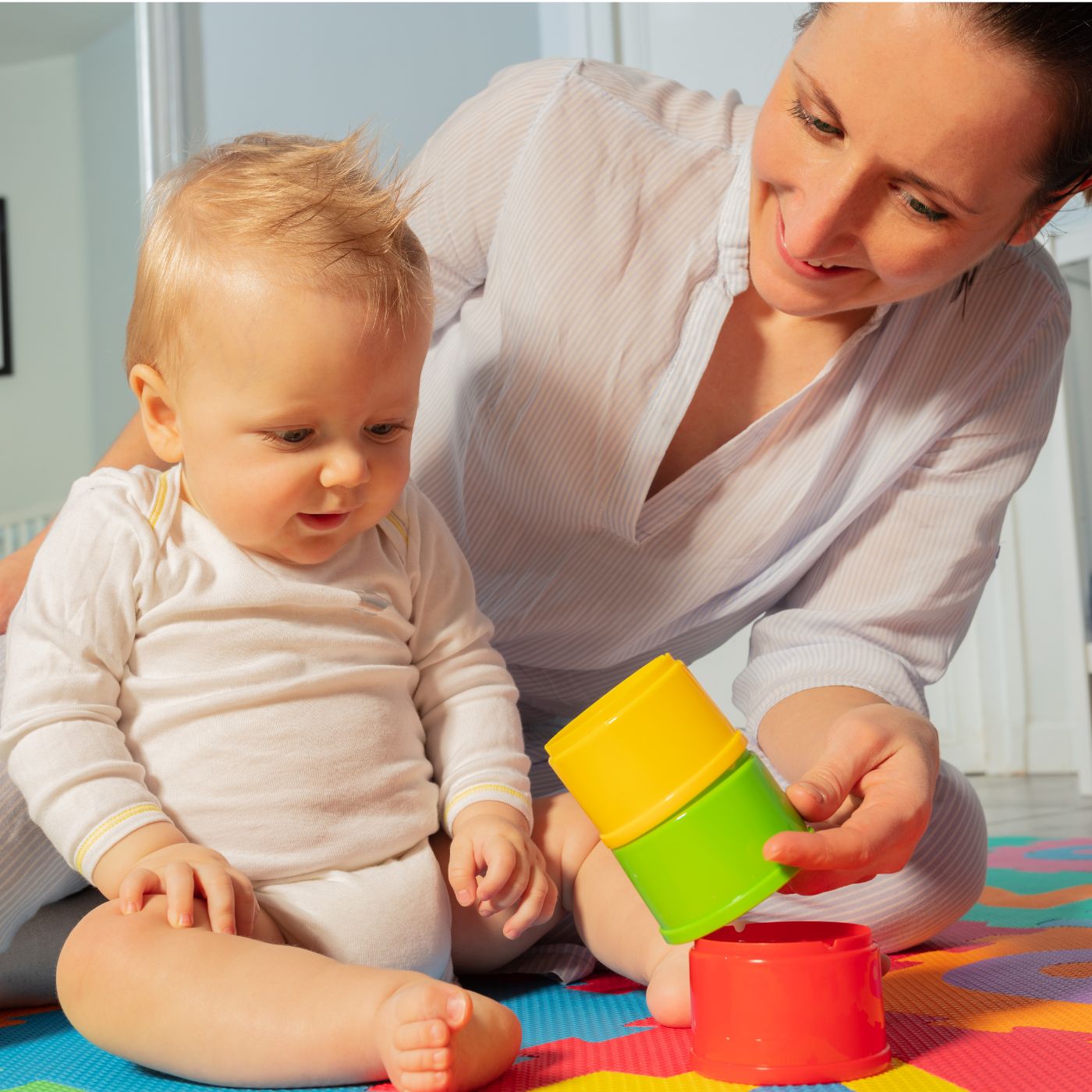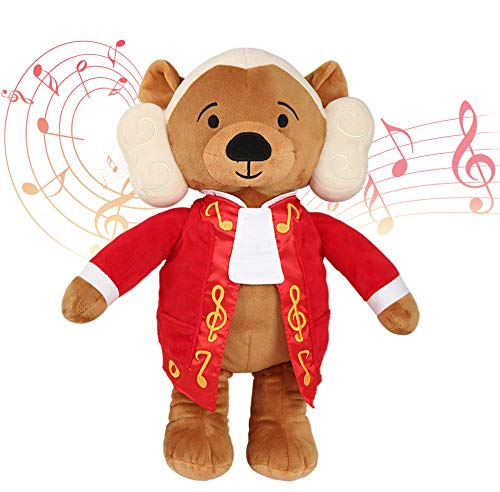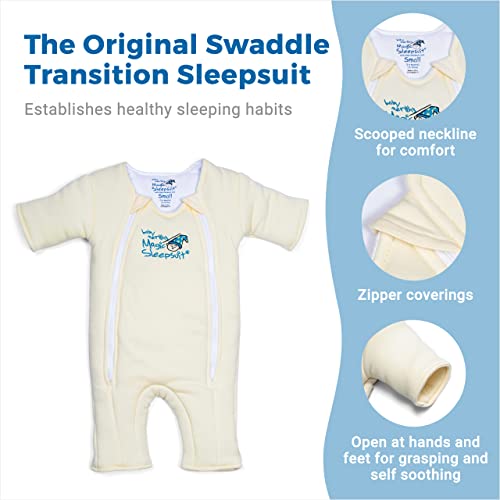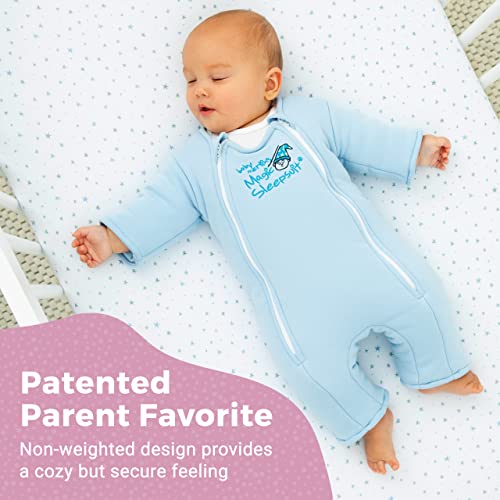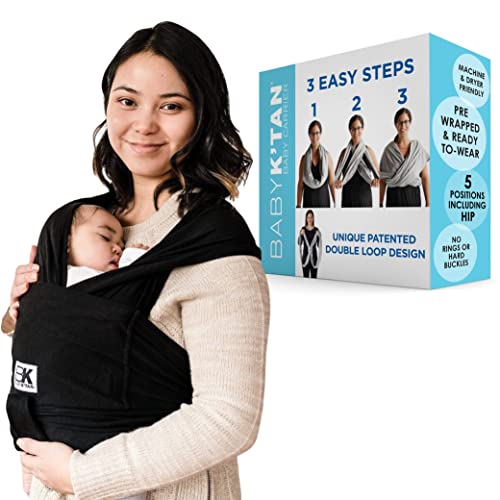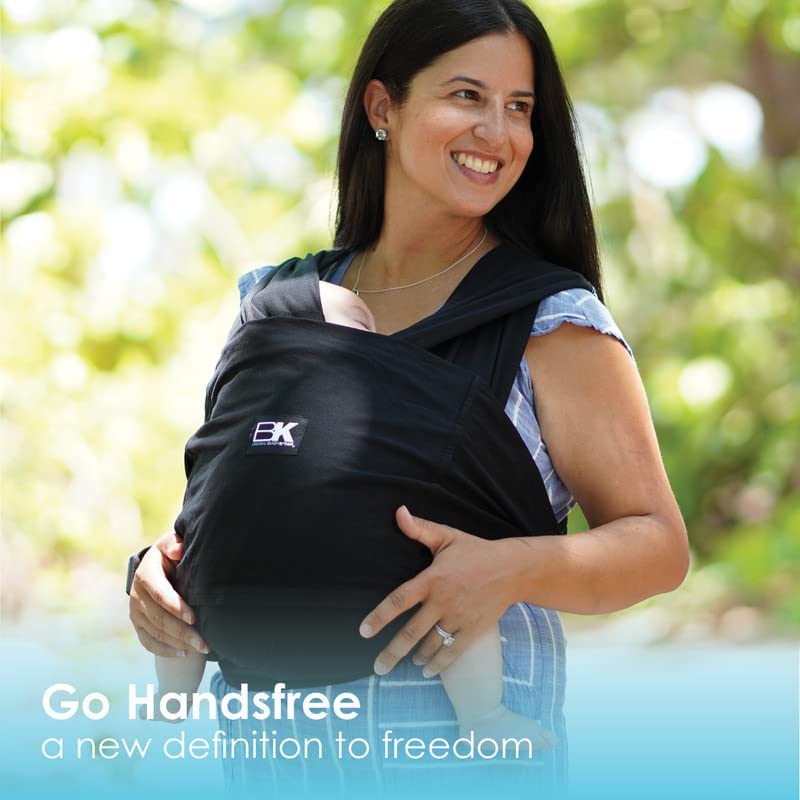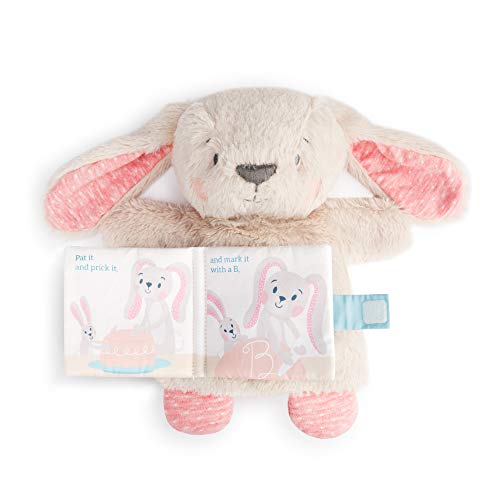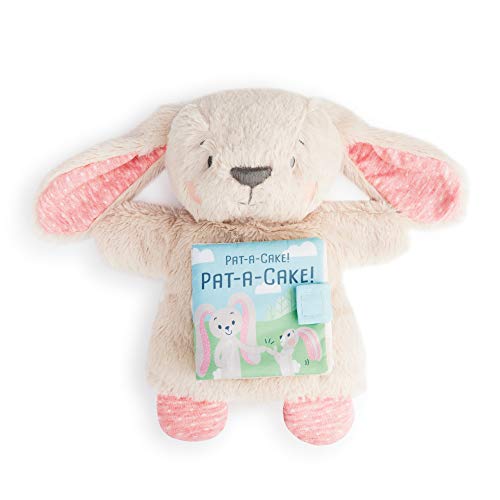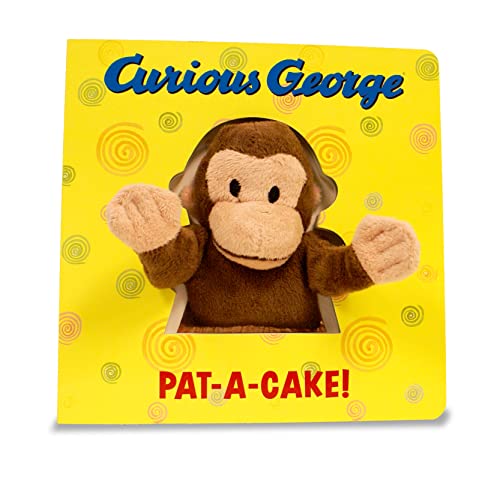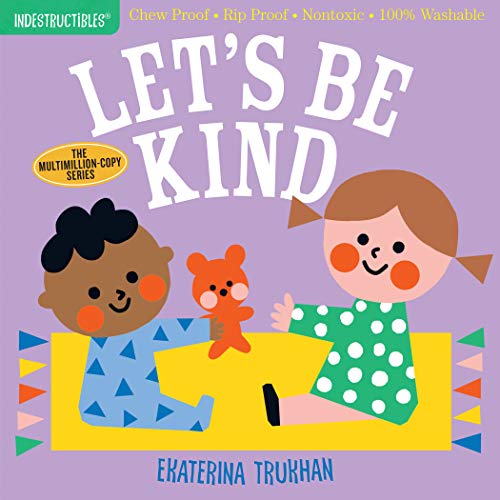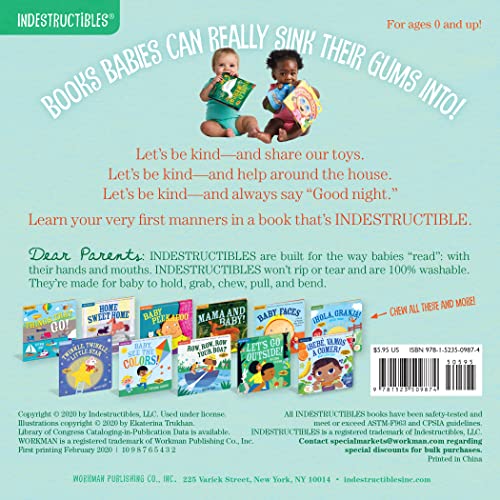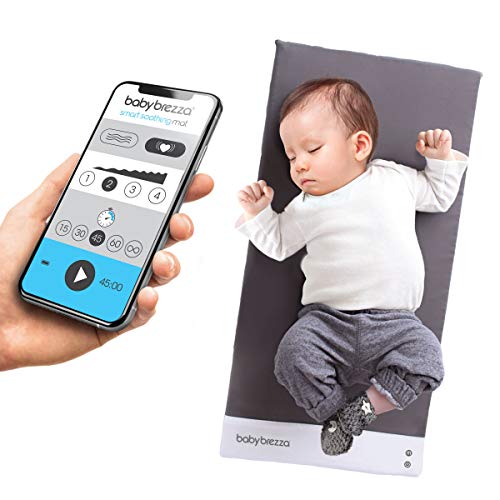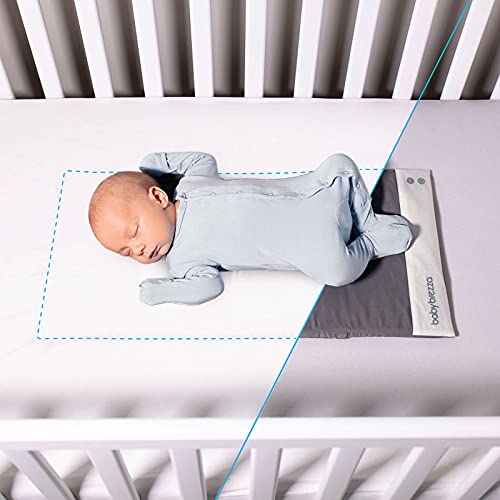Introduction
Social and Emotional Baby Development and Why It Is Important
The early years of a baby's life are a critical period for their development, with social and emotional growth being one of the key areas of focus. Social and emotional development refers to a baby's ability to form relationships, regulate their emotions, and interact with the world around them. This development is crucial for a baby's future success and happiness, as it lays the foundation for their mental, emotional, and social well-being. In this article, we will explore the science behind social and emotional development in babies and how baby toys can play a vital role in supporting this growth.
One of the best ways to support a baby's development is through play, and toys are an essential part of this process. Baby toys provide a safe and engaging way for babies to explore their surroundings, practice their motor skills, develop their senses, and learn new concepts. Moreover, research has shown that playing with toys can promote brain development, boost creativity, and enhance problem-solving skills in infants and young children.
In this article, we'll explore the science behind social & emotional baby development and explain why baby toys are so important for supporting your little one's growth and development. We'll also provide tips on choosing the right toys for your baby and offer suggestions for activities that you can do together to support your baby's development through play.
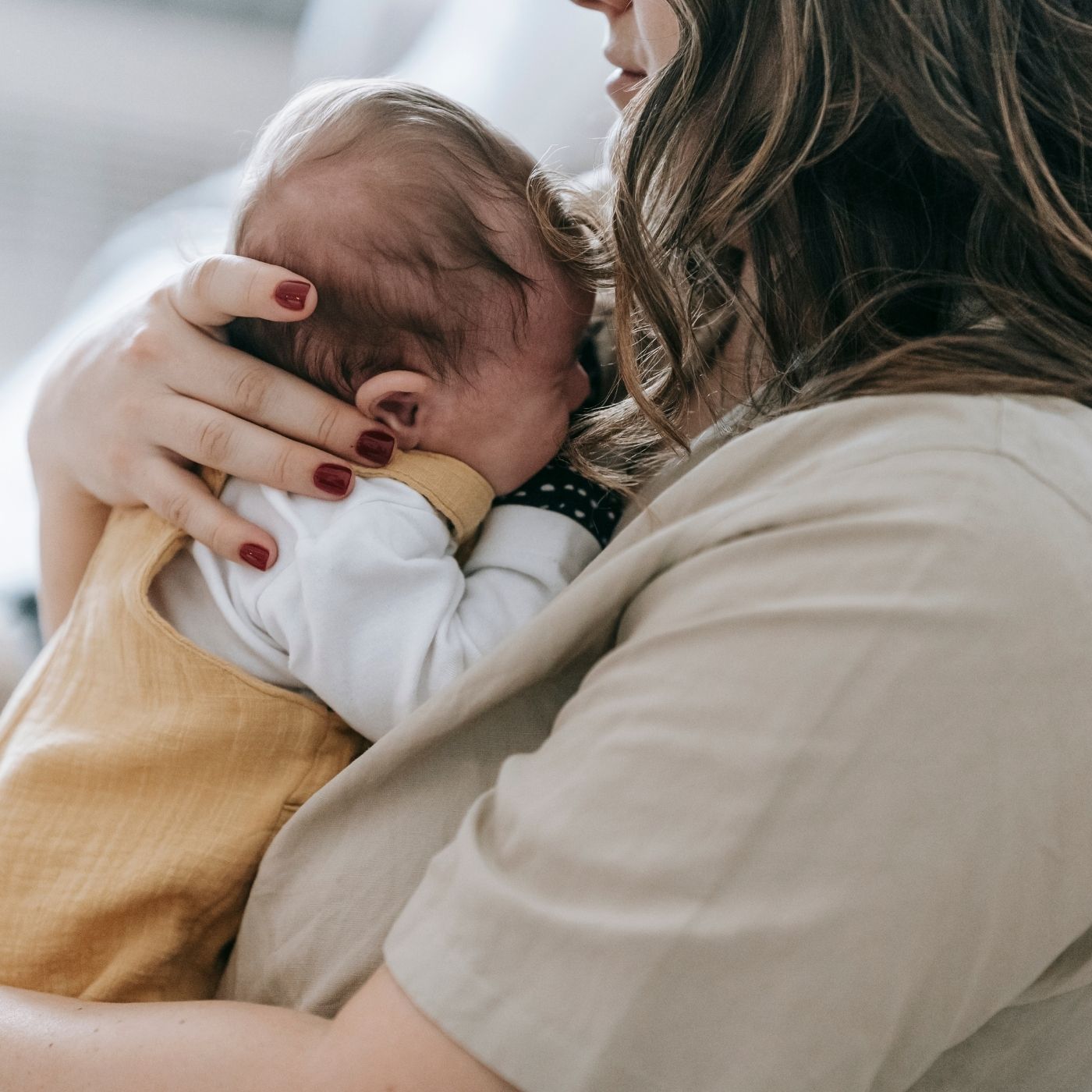
Social & Emotional baby development
What is social baby development?
Social development refers to a baby's ability to form relationships, interact with others, and communicate their feelings and needs. It includes learning how to respond to social cues, sharing attention with others, and expressing emotions in appropriate ways.
Social development in infancy sets the foundation for future relationships. Babies who develop healthy social skills are more likely to form positive relationships throughout their lives, including friendships, romantic relationships, and professional relationships. Research has shown that social competence in childhood is linked to greater success in adulthood, such as higher levels of education and employment.
Why is social & emotional baby development important
Social development in infancy lays the foundation for future relationships. Babies who develop healthy social skills are more likely to form positive relationships throughout their lives, including friendships, romantic relationships, and professional relationships. This is because social development is the basis for all social interactions, including communication, emotional expression, and cooperation. Babies who learn these skills early on are better equipped to navigate social situations and form lasting, meaningful connections with others.
Social competence in childhood has been shown to be strongly linked to success in adulthood. Children who develop healthy social skills are more likely to have positive relationships with peers, teachers, and parents, which can lead to greater academic achievement and higher self-esteem. They are also more likely to have better mental health outcomes, including lower rates of depression and anxiety.
In addition to these short-term benefits, social development in infancy can also have a significant impact on long-term success in adulthood. Studies have found that individuals who develop healthy social skills in childhood are more likely to have successful careers, higher levels of education, and better financial outcomes. This is because social competence is a key factor in many areas of life, including communication, leadership, and teamwork.
One of the key ways that social development impacts future relationships is through the formation of secure attachments. Secure attachment is a type of emotional bond between a child and a caregiver that develops in infancy. When babies receive consistent, responsive care from their caregivers, they learn to trust and rely on others. This sets the stage for healthy attachment patterns throughout their lives, which can lead to more positive and fulfilling relationships in adulthood.
In contrast, babies who do not receive consistent, responsive care are more likely to develop insecure attachment patterns. This can lead to difficulties forming and maintaining relationships in adulthood, as they may struggle with trust, intimacy, and emotional expression.
Another way that social development impacts future relationships is through the development of empathy and emotional intelligence. Babies who learn how to recognize and respond to others' emotions are more likely to form positive relationships throughout their lives. This is because empathy and emotional intelligence are essential for effective communication, conflict resolution, and mutual understanding.
Finally, social development in infancy can also impact future relationships through the development of social skills such as cooperation, sharing, and turn-taking. Babies who learn how to work with others in infancy are more likely to be successful in group settings later in life, such as school or work. They are also more likely to form positive relationships with others, as they are able to navigate social situations with ease and confidence.

Social & Emotional baby development
Attachment and Bonding
Attachment and bonding are essential components of a baby's social and emotional development. Attachment refers to the emotional bond that develops between a baby and their primary caregiver, while bonding is the process of building that relationship over time. This bond is critical for a baby's emotional development, as it helps them feel safe, secure, and loved. Baby toys can play an essential role in promoting attachment and bonding by providing a way for caregivers to interact and play with their baby. Toys like soft blankets, stuffed animals, and interactive playsets can help facilitate this process and build a strong emotional connection between baby and caregiver.
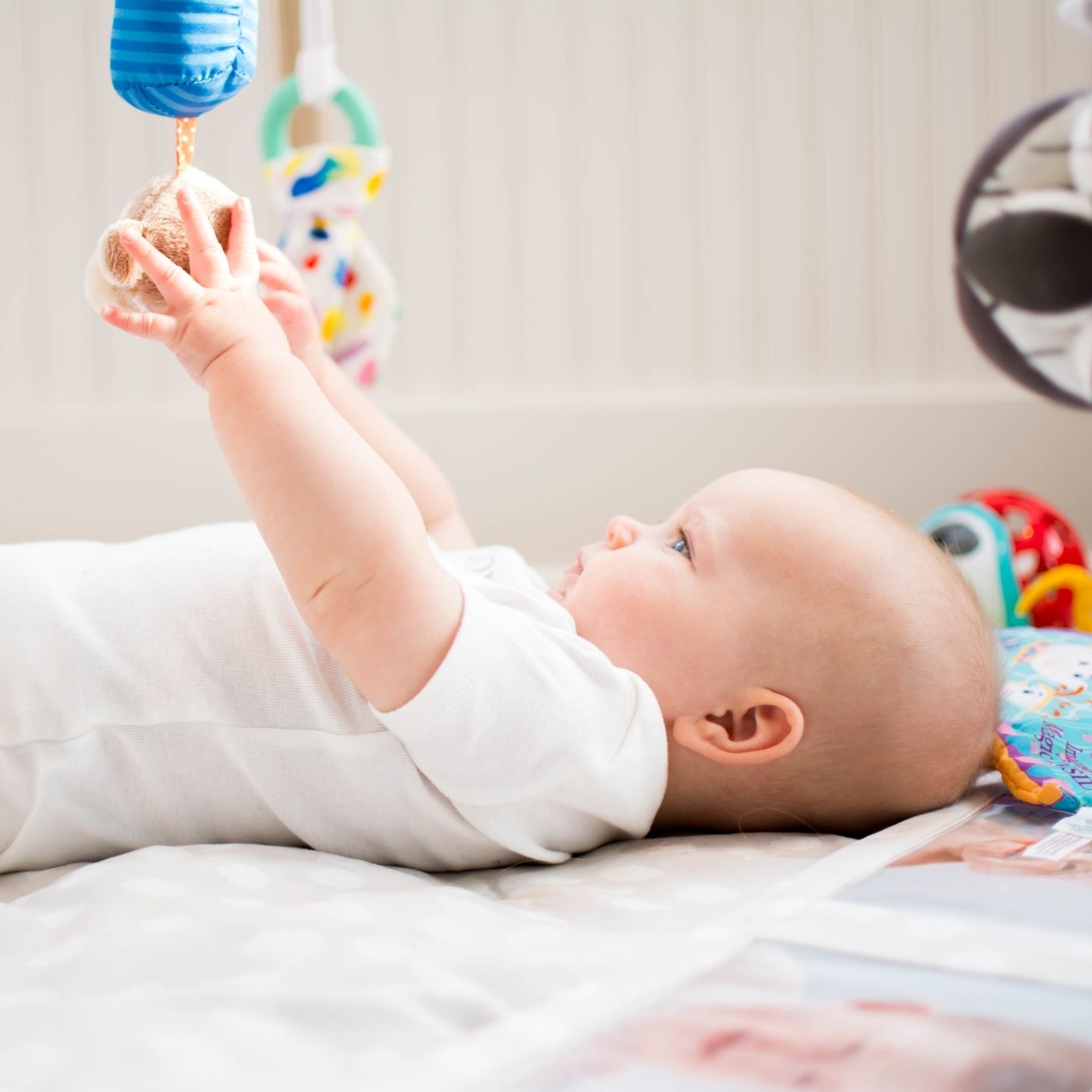
Social & Emotional baby development
How Soothing Plays a Role
Soothing is another critical aspect of social and emotional development in babies. When a baby is upset, they rely on their caregivers to comfort and soothe them. Over time, this process helps the baby learn how to regulate their emotions and develop coping mechanisms for dealing with stress and anxiety. Baby toys like pacifiers, rattles, and plush toys can provide a soothing and comforting presence for babies, which can help them feel more secure and calm.
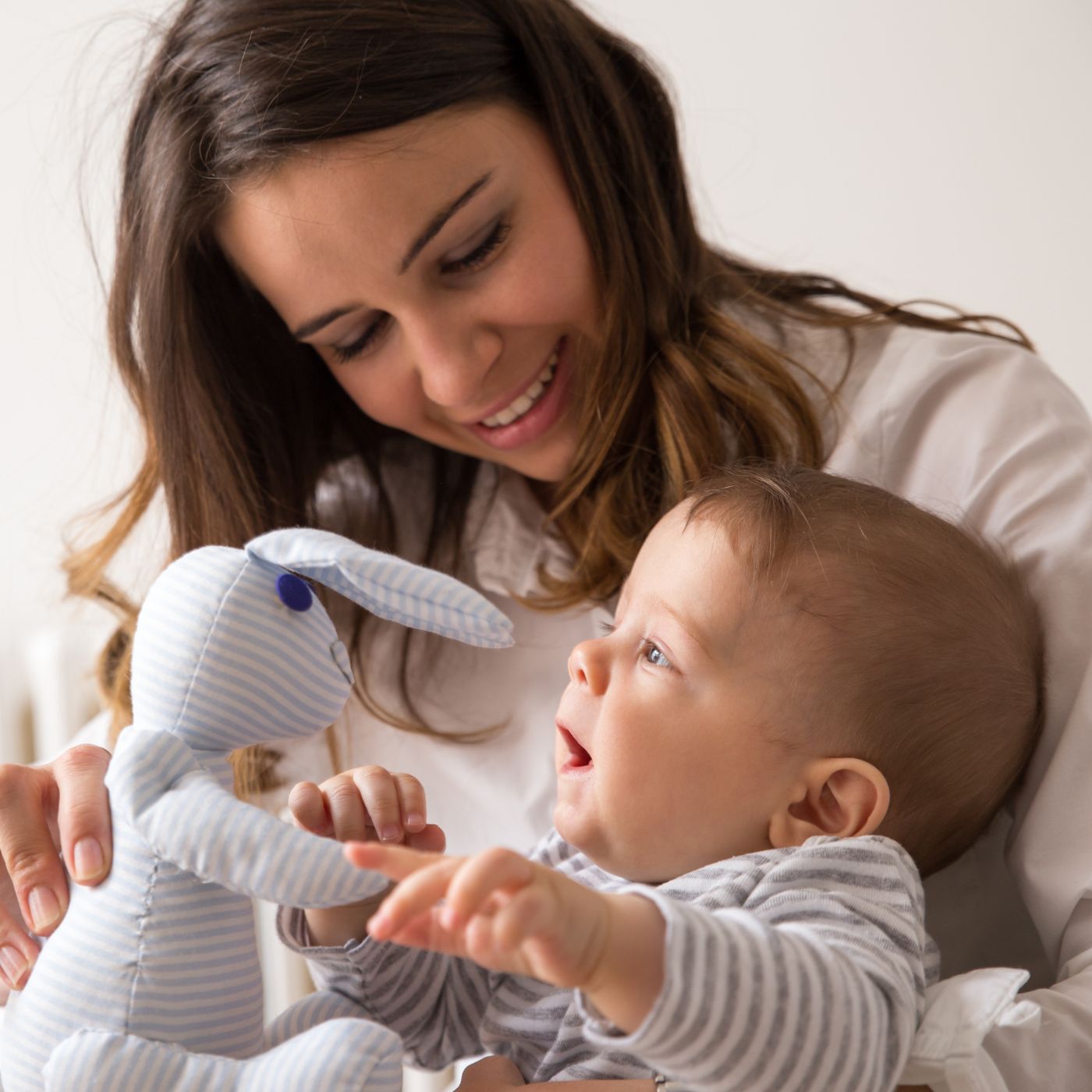
Social & Emotional baby development
Empathy and Compassion
Empathy and compassion are essential social and emotional skills that babies develop over time. Empathy involves understanding and sharing another person's feelings, while compassion is the ability to feel and express concern for others. Baby toys can play a role in developing these skills by promoting social interaction and encouraging imaginative play. Toys like dolls, stuffed animals, and playsets can help babies learn about emotions, practice social skills, and develop a sense of empathy and compassion for others.
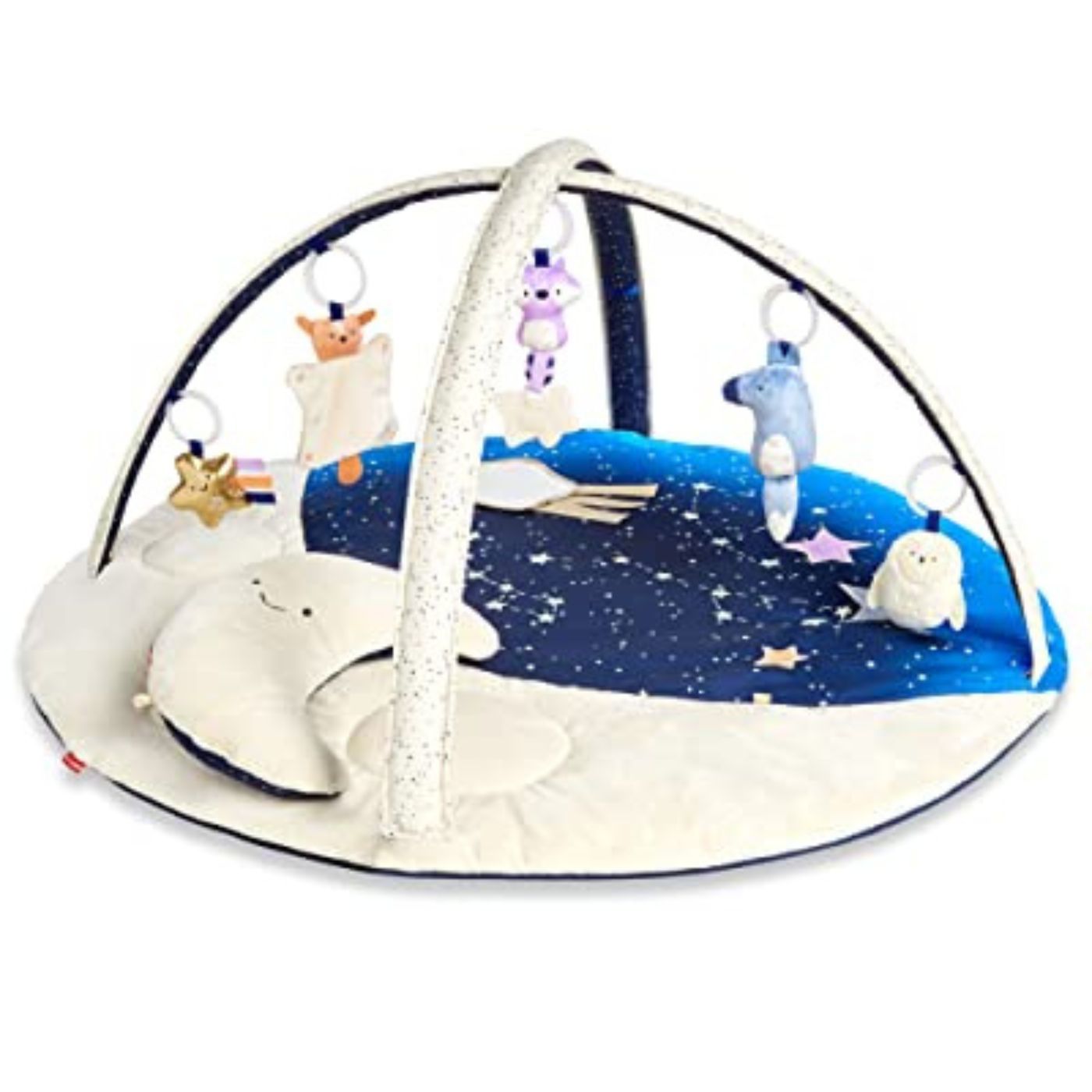
Social & Emotional baby development
Developing Relationships with Caregivers and Peers
Babies begin to develop relationships with their caregivers and peers from a very early age. These relationships are essential for their social and emotional development, as they help them learn about the world and themselves. Baby toys like play mats, activity centers, and interactive playsets can provide opportunities for babies to interact with their caregivers and peers, which can help them develop critical social and emotional skills.
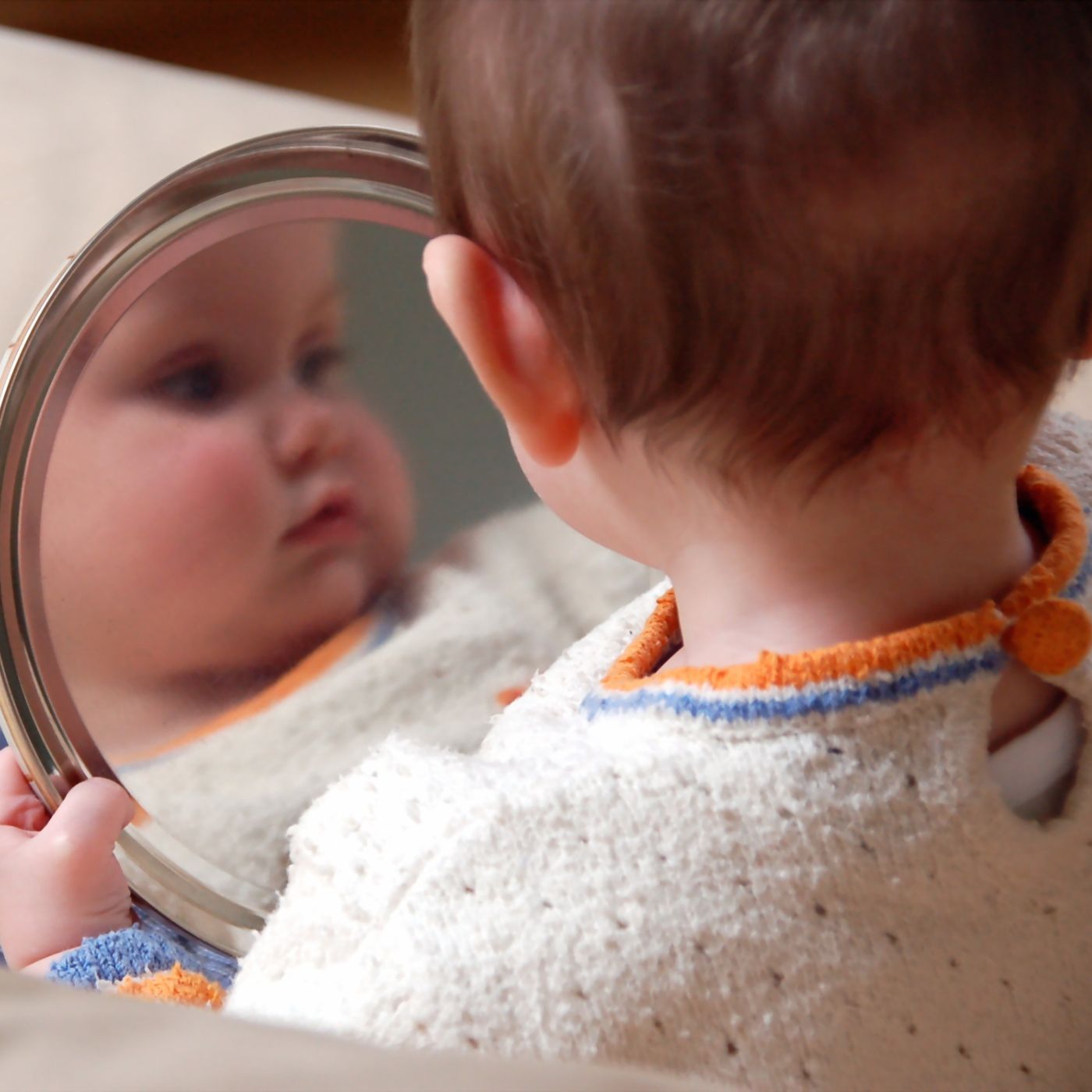
Social & Emotional baby development
Recognizing and Responding to Social Cues and Nonverbal Communication
Babies learn to recognize and respond to social cues and nonverbal communication from a very young age. These skills are crucial for their social and emotional development, as they help them understand the world around them and interact with others effectively. Baby toys like mirrors, play gyms, and interactive playsets can help babies learn about facial expressions, body language, and social cues, which can help them develop these critical skills.
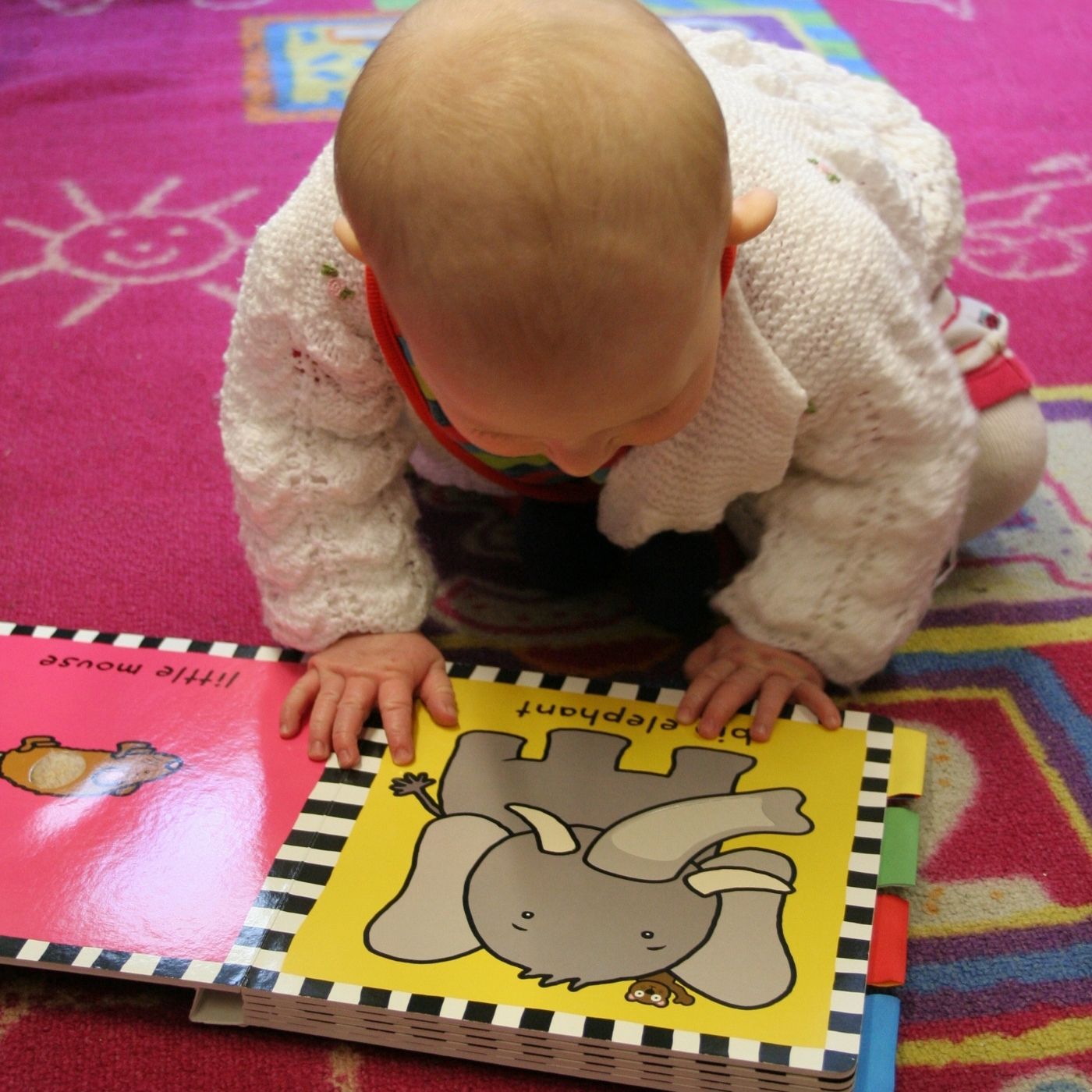
Social & Emotional baby development
Developing a Positive Sense of Self and Self-Esteem
Developing a positive sense of self and self-esteem is another essential aspect of social and emotional development in babies. This involves learning to understand and value oneself, as well as developing a sense of confidence and self-worth. Baby toys like books, puzzles, and sensory playsets can help babies learn about themselves, explore their surroundings, and build confidence in their abilities.
Social & Emotional Baby development
Social and Emotional Development Milestones
In this section, we'll explore the key milestones in social and emotional development for babies from birth to 12 months. By understanding these milestones, you can help your baby build secure relationships with caregivers, develop empathy and emotional understanding, and enjoy positive social interactions with others.
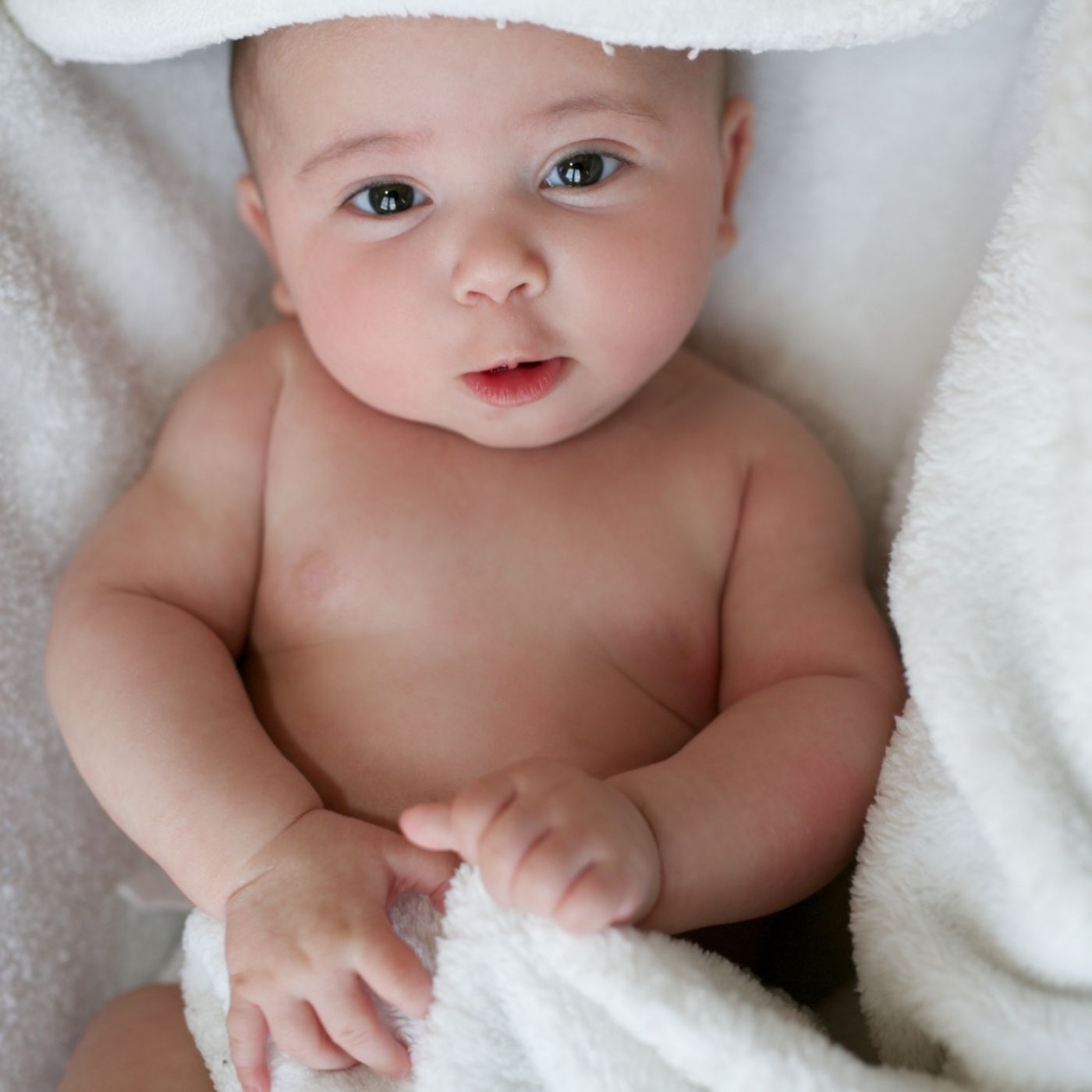
Social & Emotional baby development milestones
0-2 months
- Calms down when spoken to or picked up
- Looks at your face
- Seems happy to see you when you walk up to her
- Smiles when you talk to or smile at her
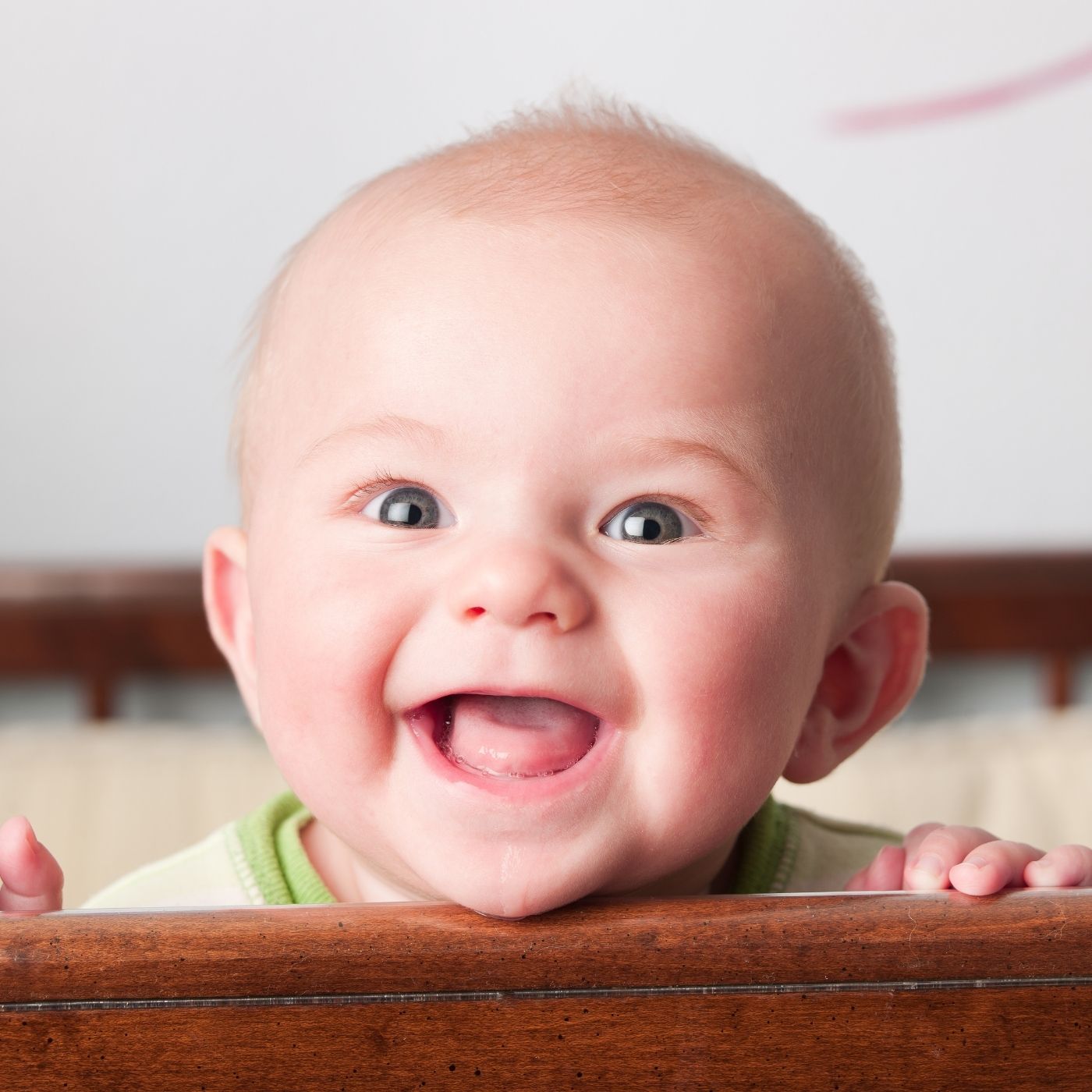
Social & Emotional baby development milestones
2-4 months
- Smiling on her own to get your attention.
- Chuckles when you try to make her laugh (not yet a full laugh).
- Looks at you, moves, or makes sounds to keep or get your attention.
- Continue with your bedtime routine—read books, sing songs, try baby massage and help your baby relax with a bath before going to bed.
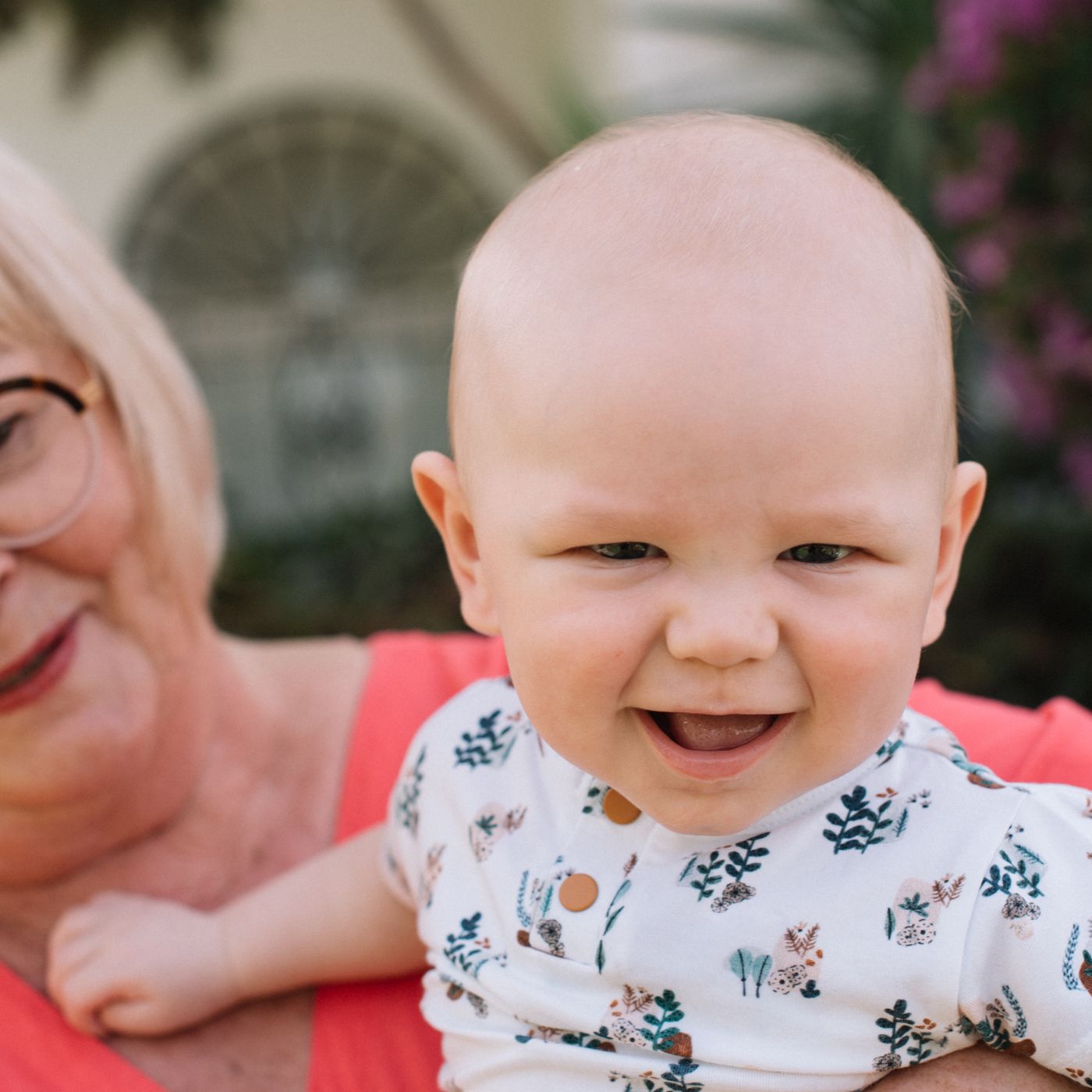
Social & Emotional baby development milestones
4-6 months
- Recognizes familiar people
- Likes to look at herself in a mirror
- Laughs
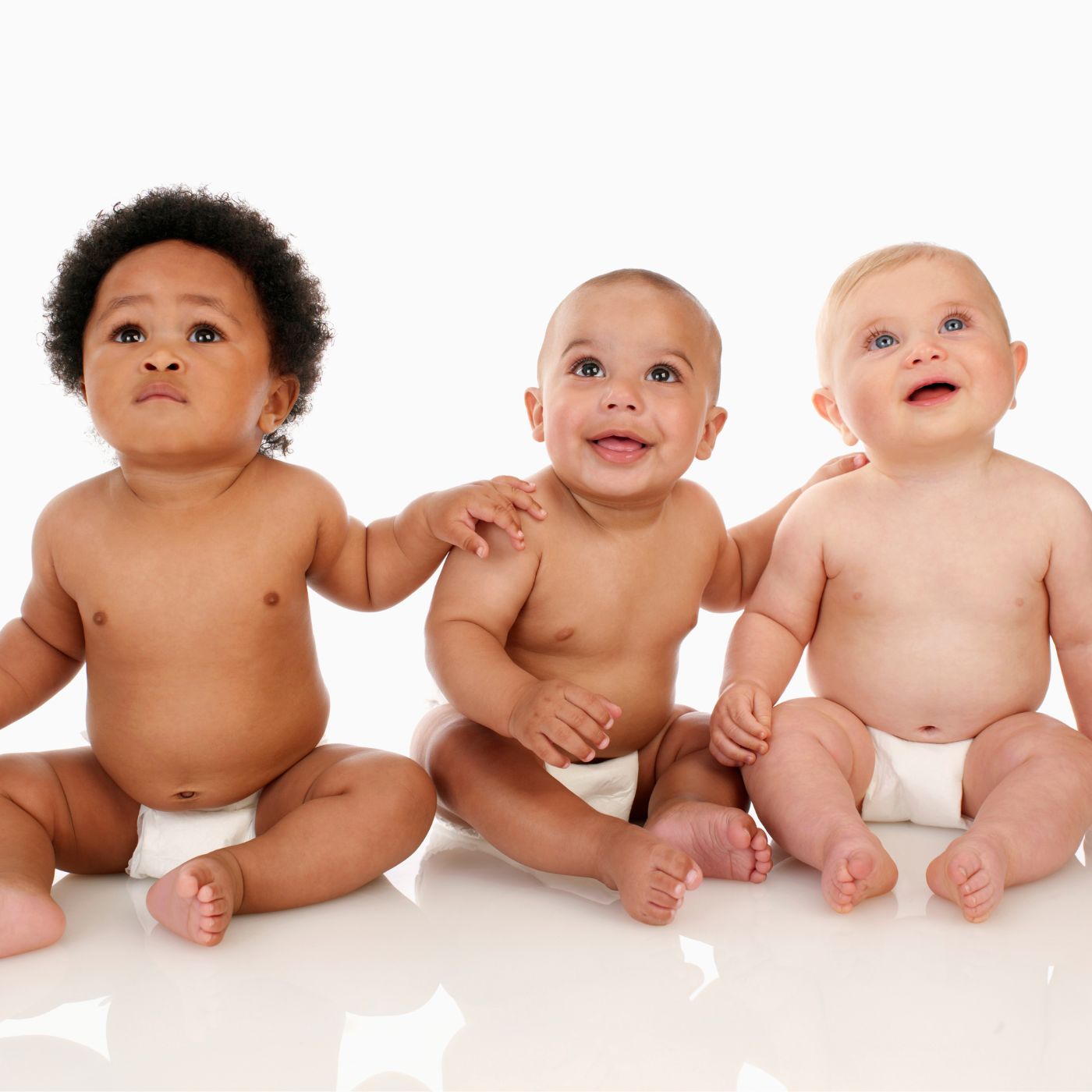
Social & Emotional baby development milestones
6-9 months
- Your baby is starting to experience 'stranger danger'—she is shy, clingy, or fearful around strangers
- Able to show several facial expressions, like happy, sad, angry, and surprised
- Looks up when you call her name
- Reacts when you leave (looks for you, reaches for you, or cries)
- Smiles or laughs when you play peek-a-boo
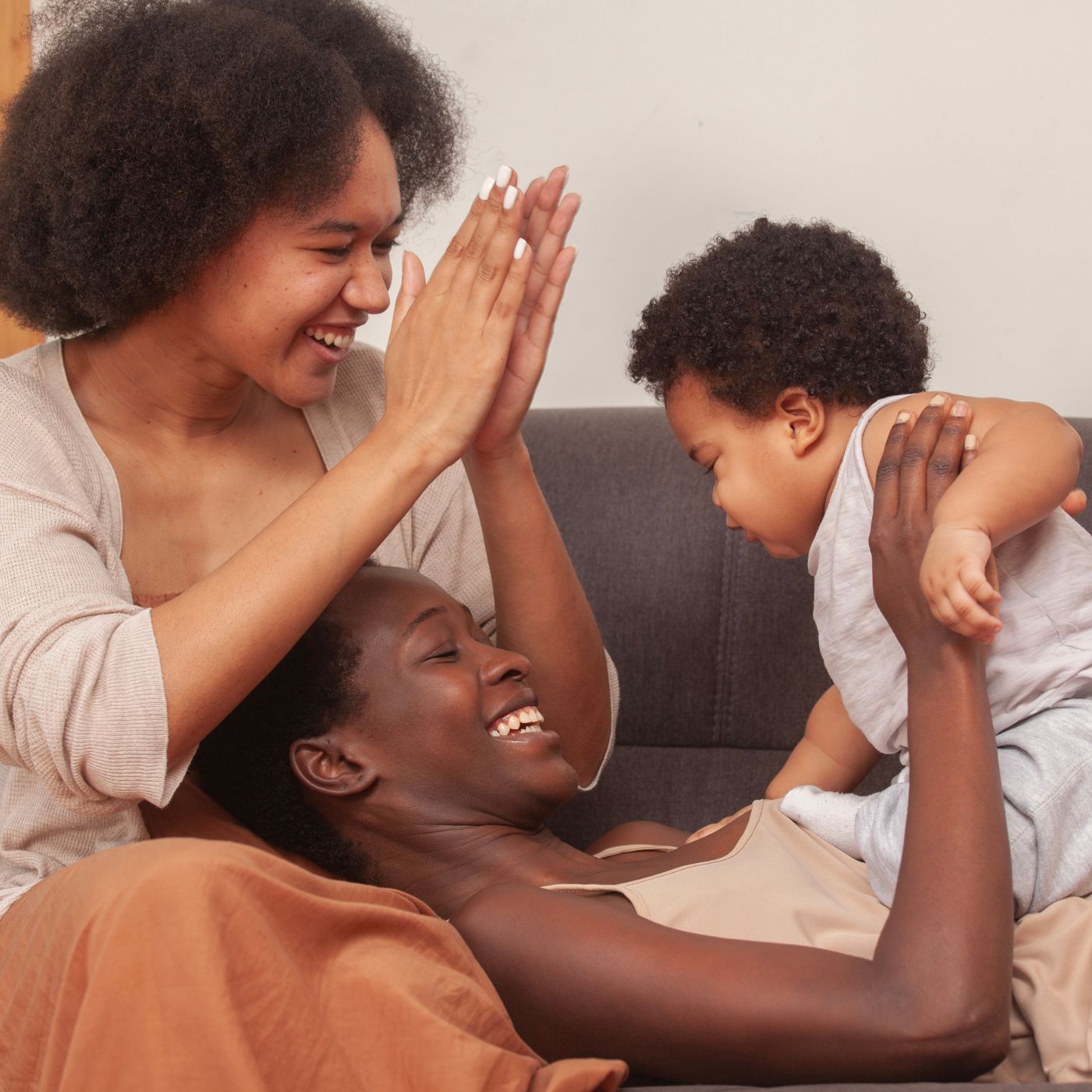
Social & Emotional baby development milestones
9-12 months
- Plays games with you, such as pat-a-cake
- Develops a stronger attachment to primary caregivers
- Begins to imitate others' actions and expressions
- Starts to develop empathy and understand others' feelings
- Begins to show interest in other children and enjoy social interactions with them
How Baby Toys Can Help Social & Emotional Development
Baby toys are not just for playtime, but also serve an important role in social and emotional development. When babies play with toys, they are not only learning about the world around them but also developing important skills such as empathy, communication, and problem-solving. Playing with toys also helps babies develop their imagination and creativity, which can lead to better social and emotional outcomes later in life.
Toys that encourage imaginative play, such as dolls or stuffed animals, help babies learn about empathy and compassion by allowing them to practice caring for another being. Playing with these types of toys can also help babies develop their language and communication skills by encouraging them to talk and interact with their toys.
Toys that promote problem-solving skills, such as puzzles or building blocks, help babies learn about cause-and-effect relationships and develop their cognitive skills. These types of toys also help babies develop their motor skills and hand-eye coordination, which are important for physical and cognitive development.
What Types of Baby Toys Are Particularly Good for Social & Emotional Baby Development?
When it comes to choosing baby toys for social and emotional development, there are certain types of toys that are particularly good for promoting these skills. Some of the best types of baby toys for social and emotional development include:
Stuffed animals or dolls
As mentioned earlier, these types of toys encourage imaginative play and help babies develop empathy and communication skills.
Board books
Reading books to babies not only helps with language development, but also promotes a sense of comfort and security, which is important for emotional development.
Musical toys
Toys that play music or make sounds can help babies develop their sensory skills and also promote a sense of joy and happiness.
Baby gyms or activity centers
These types of toys promote physical activity and also provide opportunities for babies to interact with their environment and develop their cognitive skills.
Shape sorters or stacking toys
These toys help babies develop their problem-solving skills and also promote hand-eye coordination and motor skills.
The right toys can help your baby develop social & emotional skills
In conclusion, baby toys play an important role in social and emotional development. By providing babies with toys that encourage imaginative play, problem-solving skills, and sensory development, caregivers can help set the foundation for a lifetime of healthy social and emotional development. When choosing baby toys, it is important to keep in mind the specific needs and interests of the individual baby, and to choose toys that are developmentally appropriate and safe.
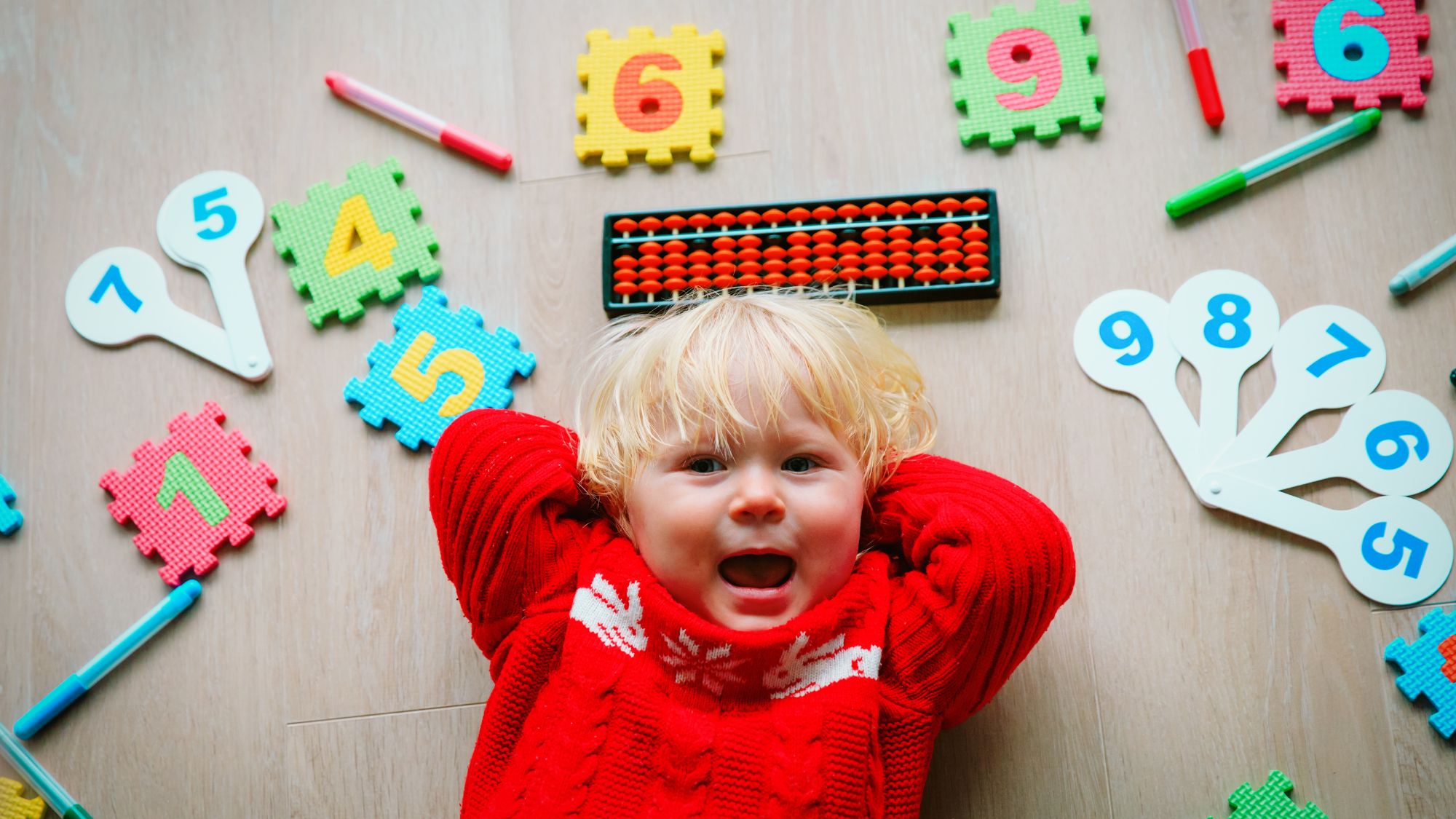
Social & Emotional Milestones
References and sources
- "Social-Emotional Development in Infants and Young Children" by the American Academy of Pediatrics: https://www.healthychildren.org/English/ages-stages/baby/Pages/Social-Emotional-Development-in-Infants-and-Young-Children.aspx
- "Understanding Social and Emotional Development in Infants and Toddlers" by Zero to Three: https://www.zerotothree.org/resources/302-understanding-social-and-emotional-development-in-infants-and-toddlers
- "Emotional and Social Development in Infancy and Toddlerhood" by Psychology Today: https://www.psychologytoday.com/us/blog/understanding-the-teenage-brain/201605/emotional-and-social-development-in-infancy-and-toddlerhood
- "The Importance of Social-Emotional Development in Infancy" by the Child Mind Institute: https://childmind.org/article/the-importance-of-social-emotional-development-in-infancy/
- "Social-Emotional Development in Infancy and Early Childhood" by the Center on the Developing Child at Harvard University: https://developingchild.harvard.edu/resources/social-emotional-development-in-infancy-and-early-childhood/

